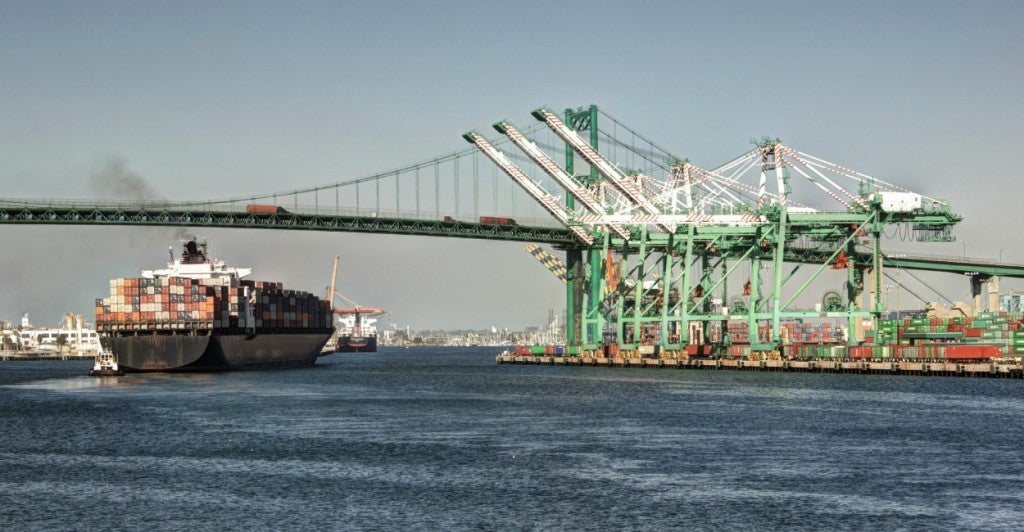The U.S. International Trade Commission (ITC), which is the government agency whose mission includes providing the president and Congress with independent analysis of international trade issues, recently released a 787-page report on the proposed Trans Pacific Partnership (TPP) agreement between the United States and a dozen other countries.
The results were not surprising. According to the U.S. International Trade Commission, the agreement would boost both U.S. employment and GDP.
By year 15 (2032), U.S. annual real income would be $57.3 billion (0.23 percent) higher than the baseline projections, real GDP would be $42.7 billion (0.15 percent) higher, and employment would be 0.07 percent higher (128,000 full-time equivalents).
The International Trade Commission’s findings are based on proposed cuts in tariff and non-tariff trade barriers affecting goods and services, reduced investment barriers, and intellectual property provisions.
But as the International Trade Commission notes, not all aspects of the proposed agreement can be modeled. In these areas, the agency has provided a “qualitative assessment.”
For example, Trans Pacific Partnership creates numerous committees, and no computer model can forecast the impact of changes these committees may propose in the future.
If the Trans Pacific Partnership or other trade agreements create bodies that attempt to harmonize regulations in a way that increases costs, the results could be detrimental. But if they encourage the use of “good regulatory practices” like cost-benefit analysis, the results could be beneficial.
One thing is for sure: The benefits of Trans Pacific Partnership would have been even bigger if the United States eliminated the 25 percent tariff on pickup trucks immediately instead keeping it in place for 29 years—especially if federal agencies like the Export-Import Bank and Federal National Mortgage Association were required to comply with the proposed limits on state-owned enterprises instead of being exempted, and if domestic shippers and cruise lines were allowed to use vessels built in Trans Pacific Partnership countries.
But no agreement is perfect, and Congress has to consider the Trans Pacific Partnership agreement that has been negotiated.
The new International Trade Commission report provides important information to help Congress evaluate the impact of the Trans Pacific Partnership on economic prosperity and freedom.
